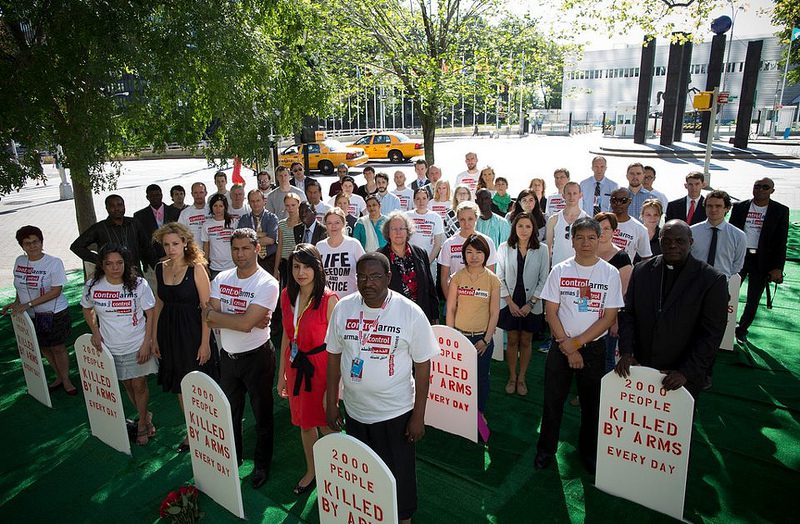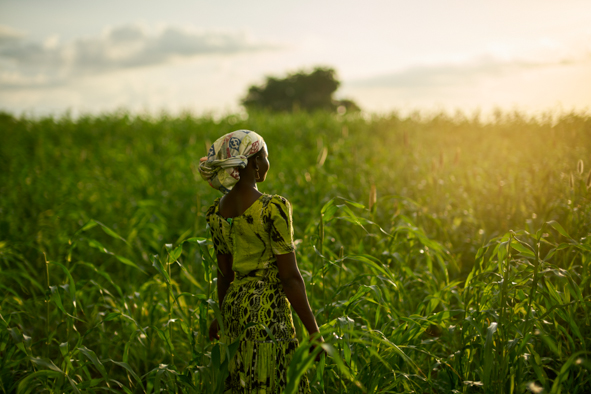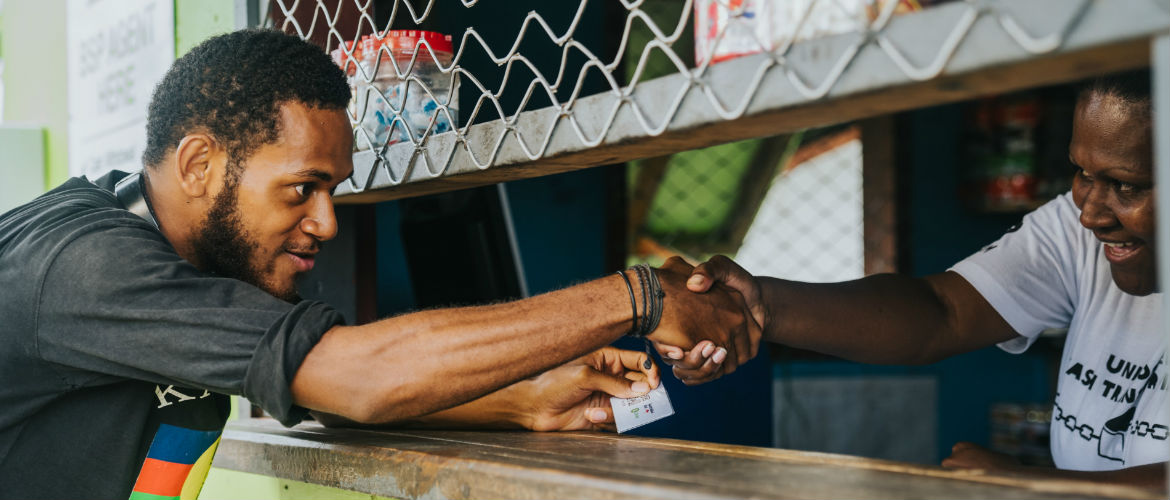Thanks to the support of hundreds of thousands of concerned people, after nearly ten years of campaigning, we came extremely close to agreement on a global Arms Trade Treaty (ATT) in July this year.
It’s not over yet – an ATT is within reach. And today sees the next step forward in the campaign, as world governments meet again at the United Nations for the UN General Assembly. You can keep updated on progress here.
At this meeting, governments plan to put forward a new resolution to set a further ATT conference in March 2013. This is good news and shows the commitment to continue working for a treaty. However, it is important that they do not hold this new conference under the same veto rule as they did in July. We are concerned that this would make it harder to close the loopholes in the current Treaty text, and could again lead to the Treaty being blocked by a small group of countries against the overwhelming support of the majority.
The ATT is too important to be blocked, so the new conference should not be on the same veto rule as July. Loopholes in the current draft must also be closed to ensure we get a Treaty that is bullet-proof and will save lives and livelihoods.
Oxfam will be at the General Assembly throughout October and working to push governments to work toward a strong treaty. We could not have succeeded this far without you.


 Doris*, daughter, 5; Pamila*, 2. Christina grows maize and she was shown how to make compost as part of the CRAFS (Climate Resilient Agriculture and Food Systems) programme.
Doris*, daughter, 5; Pamila*, 2. Christina grows maize and she was shown how to make compost as part of the CRAFS (Climate Resilient Agriculture and Food Systems) programme.